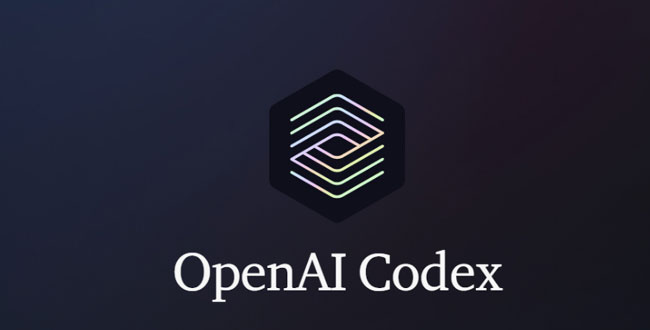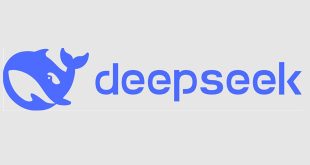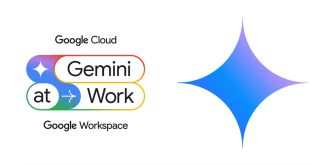How ChatGPT’s AI Coding Agent is Transforming Developer Workflows and Industry Standards
The integration of artificial intelligence into software development has reached a pivotal milestone with OpenAI’s launch of Codex, an advanced AI coding agent engineered to augment human creativity and efficiency. Built on the backbone of ChatGPT’s conversational prowess, Codex transcends traditional code-generation tools by interpreting natural language prompts, debugging in real-time, and automating repetitive tasks. As industries grapple with a global shortage of 1.4 million developers (2023 Evans Data Corp report), Codex emerges as a strategic solution—not to replace engineers, but to amplify their capabilities.
Codex Unleashed: Capabilities Redefining Development
Codex leverages OpenAI’s GPT-4 architecture, trained on 100+ terabytes of public code repositories, technical manuals, and open-source projects, enabling it to:
- Convert Natural Language to Code: Translate prompts like “Create a REST API with user authentication” into functional Python/JavaScript snippets.
- Context-Aware Debugging: Identify syntax errors, memory leaks, and security flaws, reducing debugging time by up to 50% (per early GitHub trials).
- Multi-Language Mastery: Support for 12+ languages, including niche ones like Rust and Kotlin, with 93% accuracy in code completion (OpenAI benchmarks).
Case Study: Fintech startup NexaPay used Codex to build a fraud detection algorithm in 3 days—a task previously estimated at 3 weeks. CTO Maria Chen noted, “Codex didn’t just write code; it suggested optimizations we hadn’t considered.”
Industry Adoption: From Startups to Enterprises
Major tech players are already integrating Codex into their ecosystems:
- Microsoft’s GitHub Copilot X: Now powered by Codex, it autocompletes entire functions and generates documentation.
- AWS CodeWhisperer: Competitors are scrambling to match Codex’s contextual understanding, with AWS reporting a 28% spike in developer productivity during beta tests.
- Low-Code Platforms: Tools like OutSystems and Appian use Codex to let non-technical users prototype apps via conversational prompts.
Statistic: A 2024 Stack Overflow survey revealed that 67% of developers using AI tools experienced faster onboarding for junior engineers, bridging skill gaps.
Ethical and Technical Challenges
While Codex promises efficiency, concerns persist:
- Security Risks: Generated code may inherit vulnerabilities from training data. OpenAI has partnered with Snyk to embed vulnerability scanning pre-deployment.
- Over-Reliance Fear: 41% of engineers in a Gartner poll worry about eroded problem-solving skills. OpenAI counters with “assistive mode” features that explain code logic step-by-step.
- Licensing Ambiguity: Codex’s training on public repositories raises IP questions. OpenAI now tags code origins and complies with GNU/GPL licenses.
The Road Ahead: Collaborative Intelligence
Future updates aim to:
- Integrate Real-Time Collaboration: Shared Codex workspaces where teams co-edit with AI.
- Expand Domain Expertise: Industry-specific modules for healthcare (HIPAA-compliant code) and quantum computing.
- Enhance Code Review: Predictive analytics to flag scalability issues pre-production.
OpenAI’s CTO, Mira Murati, states, “Codex isn’t about automation—it’s about elevating human potential. The best developers will be those who harness AI as a co-pilot.”
By merging human ingenuity with machine precision, Codex is poised to redefine software engineering, turning complex challenges into opportunities for innovation. The question is no longer if AI will code, but how it will empower the next generation of developers.
 Digital Tech Byte Latest Technology News
Digital Tech Byte Latest Technology News





